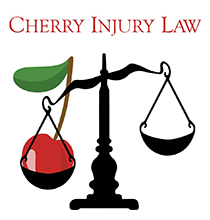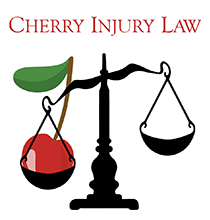Pennsylvania Brain Injury Treatment Attorneys
Initial treatment for a traumatic brain injury in Pennsylvania is a lot like treatment for any other major injury: Doctors do their best to repair the physical damage and take the patient out of danger. But once the patient is stabilized and able to participate in his or her own recovery, it’s time for rehabilitation. Rehabilitation focuses on two things: Restoring those functions that were destroyed by the injury, and, if that’s not possible, adapting to their loss. Because the brain controls so many different functions, this can vary widely between patients and can be very complex. Each individual patient, and his or her loved ones, must sit down with the doctors in charge of rehabilitation and make a treatment plan. While no two brain injuries are alike, most patients can expect to spend years working with specialists and therapists in several fields.
Treatment for traumatic brain injury is a lot like treatment for other major injuries that one may suffer from; Doctors attempt to repair the physical damage and remove the patient from danger. Once the patient is stabilized and able to actively be a participant in their rehabilitation they are ready for the next phase. This rehabilitation focuses on two things: Restoration of lost functions due to the brain injury and if that’s not possible, re-learning to perform the function or task and adapting to the loss. The planning process is extremely important and should be participated in by not only the injured, but also their families and those closest to them. This is because the process can take many years to complete and it’s of the utmost importance that the specialists and therapists involved in the process have the full support of all parties involved to insure they have the best chance at being successful.
The first thing Pennsylvania brain injury patients should expect is to take a battery of standardized tests designed to assess what brain functions they have lost. These functions can include:
- Cognitive functions, Skills like learning and memory are controlled by cognitive functions.
- Executive functions, are the ability an individual has to control his her own ideas and emotional disposition — this executive system organizes and uses cognitive functions. Executive function are the skills we use to live independent lives. Examples of executive functions include directing one’s attention; making plans for the future; and changing a problem-solving strategy.
- Motor functions, are those systems that control our movement. A patient with limited motor functions can have trouble getting around or lose the ability to communicate efficiently, especially through speech.
Depending on the scope and depth of the issues uncovered by the tests, the patient may be directed to inpatient or outpatient rehabilitation; patients may also move between them as their skills improve. Examples of the types of specialists that may be involved following a traumatic brain injury, can include but are not limited to:
- A physiatrist, who is responsible for the coordination of the rehabilitation process.
- A physical therapist, who helps develop motor skills and basic to advanced movement.
- An occupational therapists, responsible for training an individual to live an independent life by accomplishing tasks like showering or managing money.
- A speech/language pathologist, responsible for retraining an individual to speak or learn some other form of communication.
- A neuropsychologist, who monitors patients’ cognitive progress and mental health.
- A recreational therapist, responsible for exposing the patient to the society where they will be using their relearned skills.
- A social worker or case manager, who, along with the family, advocates for the patient with insurance companies, medical staff and others.
Another aspect of the long process and road to rehabilitation following a traumatic brain injury is the prescribing and taking of various medications designed to help control the effects of TBIs. These effects can include intense pain, constant seizures, muscle spasms, insomnia and mental illnesses.
Brain injury treatment is an extensive and intricate process that requires hard work and patience not only from the patient, but also his or her family. In addition to being challenging, it can also be very expensive. If you or a loved one has suffered from a traumatic brain injury due to the negligent actions of another person, you have the right to hold that person liable. To protect your rights, contact an experienced brain injury lawyer at Cherry Injury Law.








 Cherry Injury Law RSS Feed
Cherry Injury Law RSS Feed



